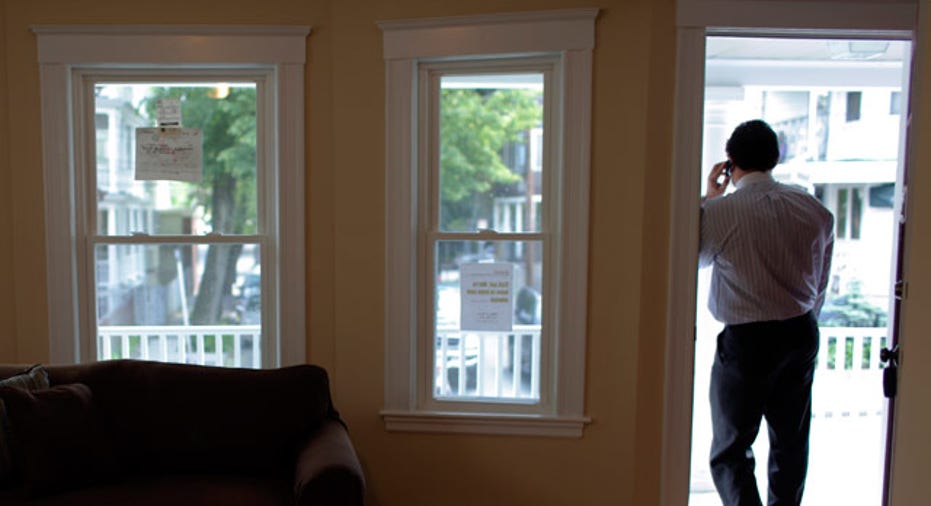Six Tax Breaks Every Homeowner Should Know

Regardless of the current state of our economy and the housing market, buying a home is still a great investment. However, the resulting taxes that accompany owning a home can lead to confusion and uncertainty.
In most cases, you need to itemize your taxes in order to take advantage of all the tax breaks that accompany home ownership. This might seem overwhelming, but the benefits of completing this process make up for the inconvenience.
Homeowner Tax Breaks:
1. Mortgage Interest Deduction
Mortgage Interest Deduction (MID) is a top tax break for homeowners, which can save you a significant amount of money. In the beginning, the majority of your monthly mortgage payments go toward loan interest, and you can deduct all the interest from your mortgage on your taxes. Keep Form 1098, issued by your lender, with your important records. This form explains exactly how much you can deduct and serves as proof if you are audited by the IRS.
2. Mortgage Insurance Premiums
Homeowners with new mortgages with a loan-to-value ratio higher than 80% must carry some form of private mortgage insurance (PMI). This insurance protects the lender against loan default. Typically, once you reach 20% equity in your home, you can avoid paying private mortgage insurance.
Until you reach that level of equity, if your adjusted gross income (AGI) is less than $100,000 (or $50,000, if married filing separately), you may be able to deduct the amount that you paid. If you surpass that income level, the deduction is either reduced or eliminated. If your AGI is $109,000 ($54,500, if married filing separately) then the deduction goes away altogether.
3. Energy Star
Installing energy-efficient windows, doors, and skylights can result in another tax deduction. In order to take advantage of this tax break, you must install the items by the end of the year. Additionally, they must be installed at your primary residence, and they need to meet Energy Star program requirements.
If you meet the necessary criteria, you can receive a tax credit equal to 10% of the cost of the products. The credit for windows and skylights is capped at $200, the limit for doors is $500, and you cannot deduct installation costs. The IRS does not state what documentation you need to prove that you paid for these costs. However, you should hold on to all receipts and Energy Star labels for any qualified improvements you make on your home. There are quite a few green energy tax deductions for home improvement.
4. Points
Points refer to charges or fees paid by a borrower to obtain a home mortgage. If you have your first mortgage, you can deduct these charges in the year that you paid them if the loan is for your primary residence and you didn’t pay excessive points. If you have refinanced your mortgage, you can deduct points over the life of the loan. Check the IRS rules for details.
5. Property Taxes
As long as they are based on the assessed value of the real property, you can deduct state and local property taxes. If you pay your property taxes out-of-pocket, you need to locate your bills to determine how much you paid. Most homeowners pay through an escrow account; if you do the same, the information also appears on Form 1098.
6. Construction Loan Interest
If you take out a construction loan to build a home, you may qualify to deduct the interest. You can only use this deduction for the first 24 months of the loan, even if the actual construction takes longer.
Final Thoughts
If you stay organized and focused and keep excellent records, you can take advantage of every tax break, deduction, and credit at your disposal. However, you should seriously consider consulting a tax professional when preparing your taxes for the first time after you buy your home.
You will likely encounter various technical restrictions and confusing guidelines, and you certainly don’t want any problems with the IRS. A professional can help you find more tax breaks, and you will get the best return on investment when you understand and take advantage of each and every one. Which tax breaks are you taking advantage of as a homeowners?
David Bakke lives in Atlanta and is a contributor for Money Crashers, one of the top personal finance blogs that covers a variety of important financial topics like money management, buying and selling a home, real estate investing, and retirement.
Note: The views and opinions expressed in this article are those of the author and do not necessarily reflect the opinion or position of Zillow.



















